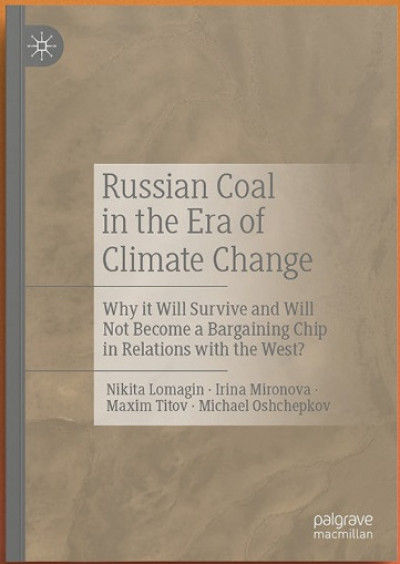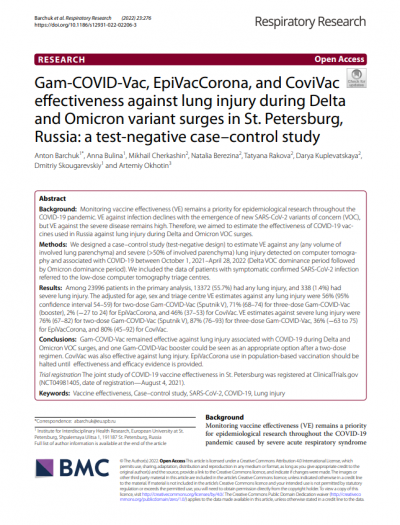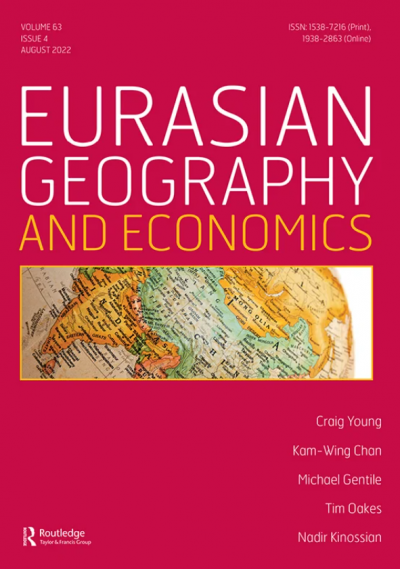Russian Coal in the Era of Climate Change
The book presents the results of an interdisciplinary study on the past, present and future of the Russian coal industry during the period of the climate agenda actively promoted by developed countries, including, among others, a complete abandonment of coal generation.









